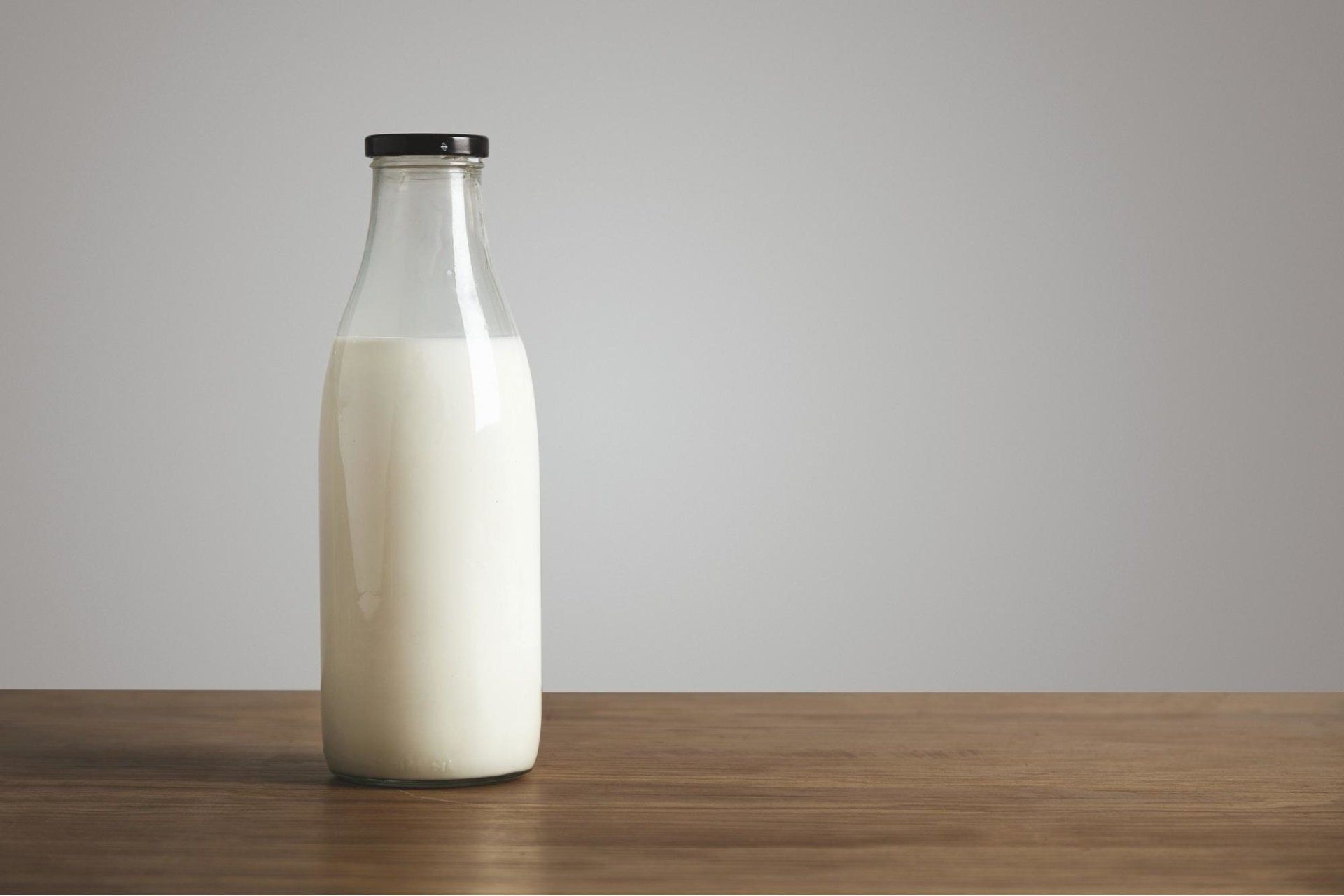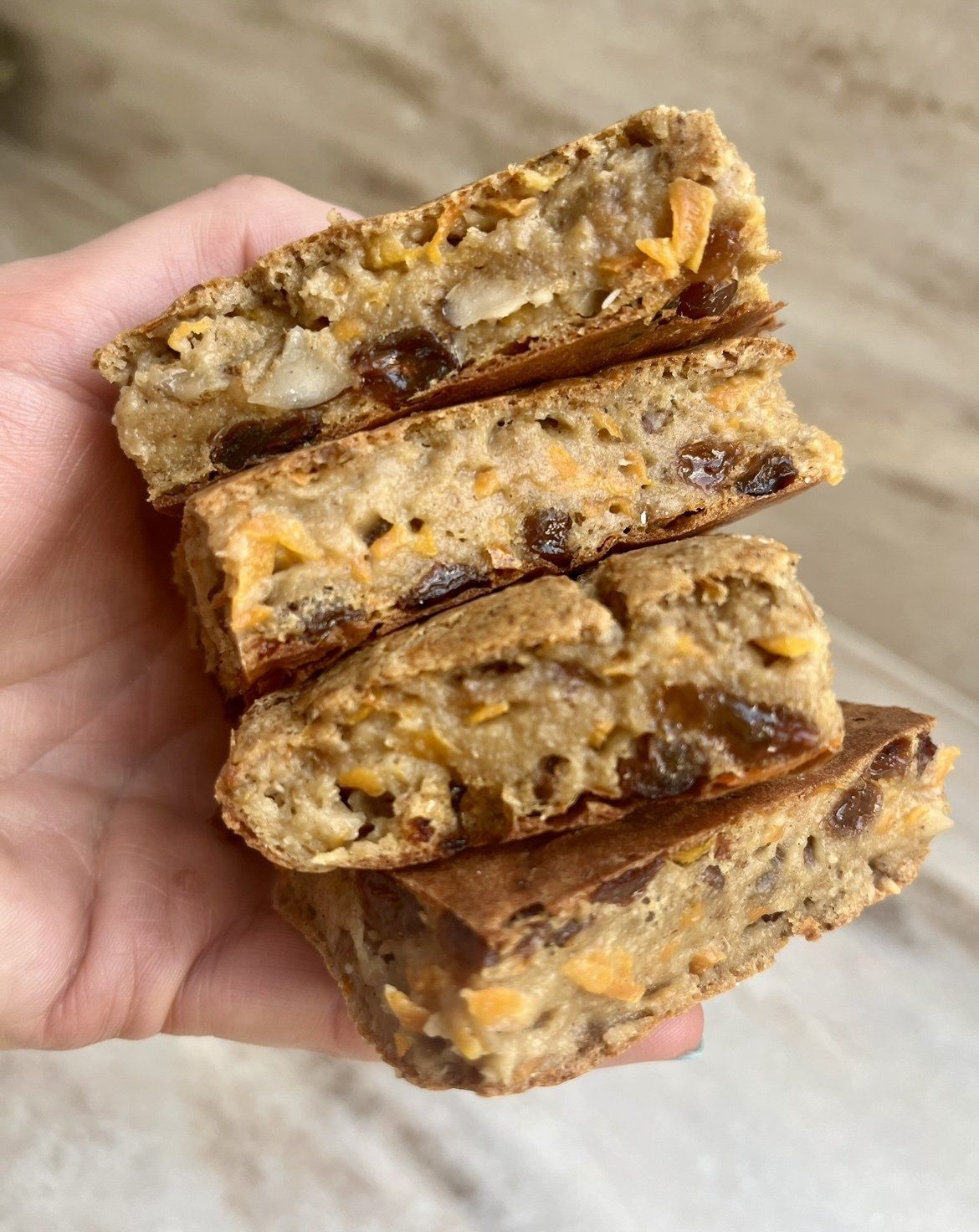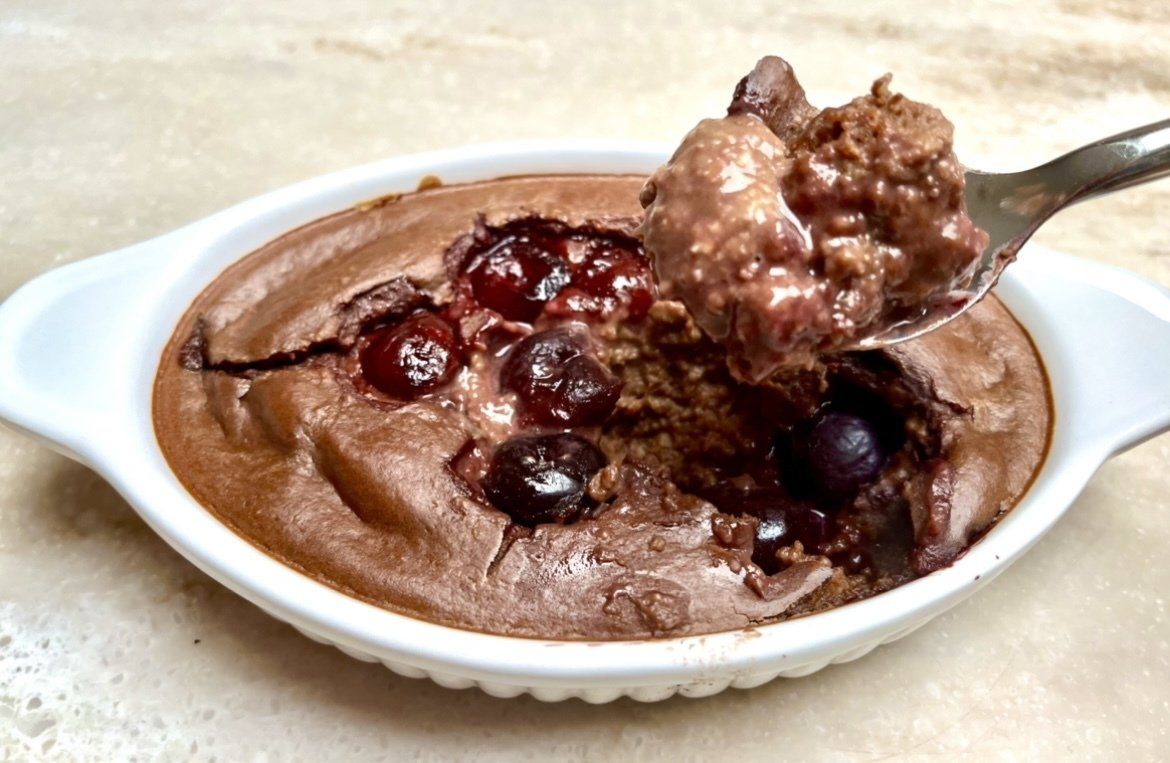Non-Dairy Milks
Non-Dairy Milks
A growing number of people are opting for plant-based alternatives to dairy milks. Reasons may include dairy allergy, lactose intolerance, sustainability, health and lifestyle choices.
Consumers may associate these alternatives to provide full nutritional substitution for cow’s milk, which may not be true in all cases.
Are plant-based milks better for you?
Nutritionally, there is no advantage to having other milks if cow’s milk is tolerated.
When choosing plant-based milk, it’s important to look for fortified options. Nutrients such as calcium, vitamin B12 and iodine are sometimes added, bringing them up to similar levels found in cow’s milk.
Generally, plant-based milks do not contain the same levels of calories, fat or carbohydrate as whole cow’s milk. Apart from soya milk, many milks do not contain comparative levels of protein.
Dairy foods are one of the main sources of iodine in the UK diet. Therefore, people who have restricted dairy consumption, can be at risk of iodine deficiency. Iodine is essential for thyroid health, which is responsible for metabolism, growth and development.
Other sources of iodine include seaweeds such as wakame and kelp, as well as seafood in general.
Cow’s Milk
Pros:
· Complete protein source.
· Complete food source, providing optimal macro nutrients (carbs, proteins and fats).
· Contains defence proteins, which can protect against some fever and respiratory infections.
· Cheap and readily available.
Cons:
· Milk allergy is one of the most common allergies.
· Lactose intolerance – caused by deficiency of the enzyme “lactase” in the digestive tract, which can lead to digestive issues.
· Non-vegan.
· May adversely affect cholesterol levels.
· Negative environmental effects
Soy Milk
Pros:
· Complete protein source.
· Most nutritionally comparable to cow’s milk.
· Source of isoflavones, which have anti-cancer properties.
· Suitable for vegans.
· Lactose and dairy free.
· Low in saturated fat.
Cons:
· Women with oestrogen-sensitive cancers should limit soy intake.
· Soy is a common allergen.
Coconut Milk
Pros:
· Can increase HDL (high-density lipoprotein) levels, which help in reducing the harmful LDL (low-density lipoprotein) cholesterol levels.
· Suitable for vegans.
· Lactose and dairy free.
Cons:
· Low in protein.
Rice Milk
Pros:
· Suitable for vegans.
· Lactose and dairy free.
· Suitable for people suffering from common nut or soy allergies.
Cons:
· Higher in sugar and carbohydrates compared to the others.
· Low in protein.
· Concerns around carcinogenic levels of arsenic found in rice products.
Almond Milk
Pros:
· Suitable for vegans.
· Lactose and dairy free.
· Source of monounsaturated fatty acids (MUFA), considered helpful in weight loss/weight management.
· Good source of antioxidant vitamin E.
· Low calorie.
Cons
· Not suitable for people who suffer from tree nut allergies.
· Low in protein.

Sunshine Nutrition. All Rights Reserved.


